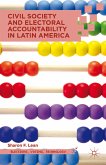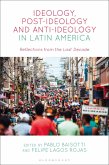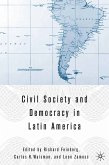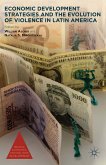The role of the indigenous population in the formation of the Bolivarian constitution is one of Latin America's most important untold stories.
Considered a beacon of twenty-first century socialism by many, Venezuela is witnessing the paradoxical emergence of 'indigenous capitalisms' as the government and various indigenous actors are driven by notions of development and enfranchisement grounded in the ideology of multiculturalism. Venezuela Reframed shows that a considerable part of indigenous activism, aligned with the Bolivarian governments, has paved the way for development in classical, social-democratic terms. It looks at how, in opposition to sectors of the indigenous population fighting for effective autonomy, many legitimate claims are being usurped to consolidate capitalist relations.
Boldly arguing that romanticized notions of cultural indigeneity hide growing class struggle, this book is essential reading not just for those interested in Venezuela, but all those interested in the prospects of democracy, contemporary states and alternatives to capitalism worldwide.
Considered a beacon of twenty-first century socialism by many, Venezuela is witnessing the paradoxical emergence of 'indigenous capitalisms' as the government and various indigenous actors are driven by notions of development and enfranchisement grounded in the ideology of multiculturalism. Venezuela Reframed shows that a considerable part of indigenous activism, aligned with the Bolivarian governments, has paved the way for development in classical, social-democratic terms. It looks at how, in opposition to sectors of the indigenous population fighting for effective autonomy, many legitimate claims are being usurped to consolidate capitalist relations.
Boldly arguing that romanticized notions of cultural indigeneity hide growing class struggle, this book is essential reading not just for those interested in Venezuela, but all those interested in the prospects of democracy, contemporary states and alternatives to capitalism worldwide.









